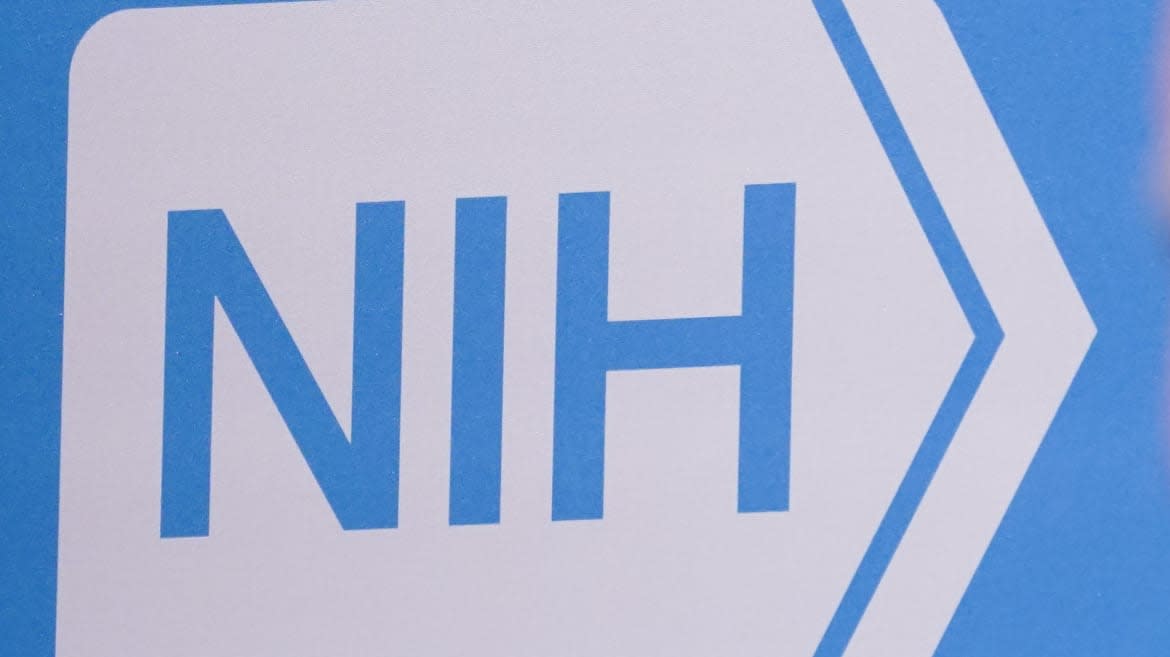Studies Find Havana Syndrome Victims Don’t Have Brain Injuries

A report published Monday by the National Institutes of Health said it found no evidence of brain injuries in the U.S. diplomats who suffered from the still-unexplained Havana Syndrome, raising more questions about the mystery ailment.
The institutes’ report, which compiled five years of research into two studies, comes after staff members at the U.S. embassy in Havana complained of headaches, dizziness, nausea, and fatigue between 2016 and 2018. Soon after, symptoms were reported by embassy, intelligence, and U.S. military staff who worked in Asia and Europe.
The syndrome’s emergence strained U.S. relations with Cuba and stoked fears that a foreign power may have been behind a stealth attack, possibly involving pulsed radio-frequency energy.
Monday’s studies bolster intelligence agencies’ assessments that the syndrome was likely an instance of mass paranoia, though they did not rule out the possibility of foreign involvement.
The studies said brain scans and blood markers of those who reported the ailment were no different than that of a control group. However, they offered no explanation as to why dozens of diplomats suffered similar symptoms around the world—which some prominent scientists have criticized.
CIA: It’s ‘Unlikely’ a Global Campaign Is Behind Mysterious Havana Syndrome
That group includes Dr. David Relman, a Stanford researcher who has access to classified documents regarding the Havana Syndrome. He penned an editorial Monday claiming there were “multiple problems with both of the studies,” adding that brain injuries are difficult to detect with scans or blood markers.
He added that the findings released Monday did not rule out the possibility that an external force, like a directed energy device, could have injured those who reported symptoms. He said victims’ brains could have been long healed by the time they were scanned by scientists.
Relman wrote that intelligence officials’ explanation that Americans abroad merely suffered from “preexisting conditions, conventional illnesses, and environmental factors” was “weak at best.”
Monday’s studies are also at odds with findings from researchers at the University of Pennsylvania, who reported in 2019 that the brain scans of people with Havana syndrome revealed differences from that of a control group. Other studies have also suggested the victims may have been injured by a weapon that emitted pulses of electromagnetic energy.
Those who reported having symptoms appeared to be unsatisfied with Monday’s studies. Mark Zaid, an attorney who represents victims and their families, said they fear the intelligence community will use the study to dismiss the possibility of a foreign attack.
“Frankly, they reveal very little beyond the assertion they could not identify any differences between the AHI and non-AHI population,” he said in a statement to The Washington Post. “Without a doubt the Intelligence Community is going to point to these studies to say ‘see, we told you, nothing there.’ But the absence of evidence is not evidence.”
Get the Daily Beast's biggest scoops and scandals delivered right to your inbox. Sign up now.
Stay informed and gain unlimited access to the Daily Beast's unmatched reporting. Subscribe now.


